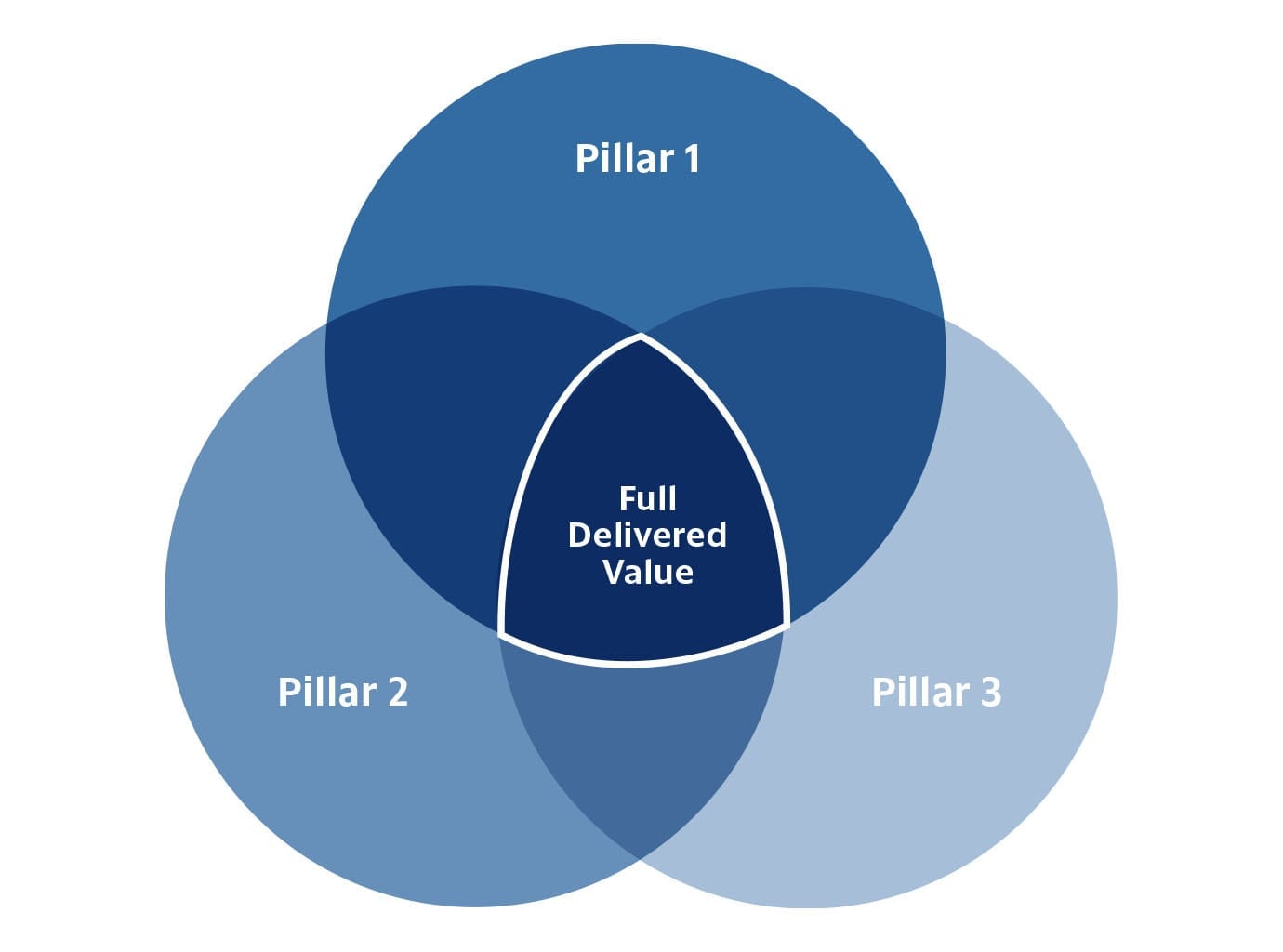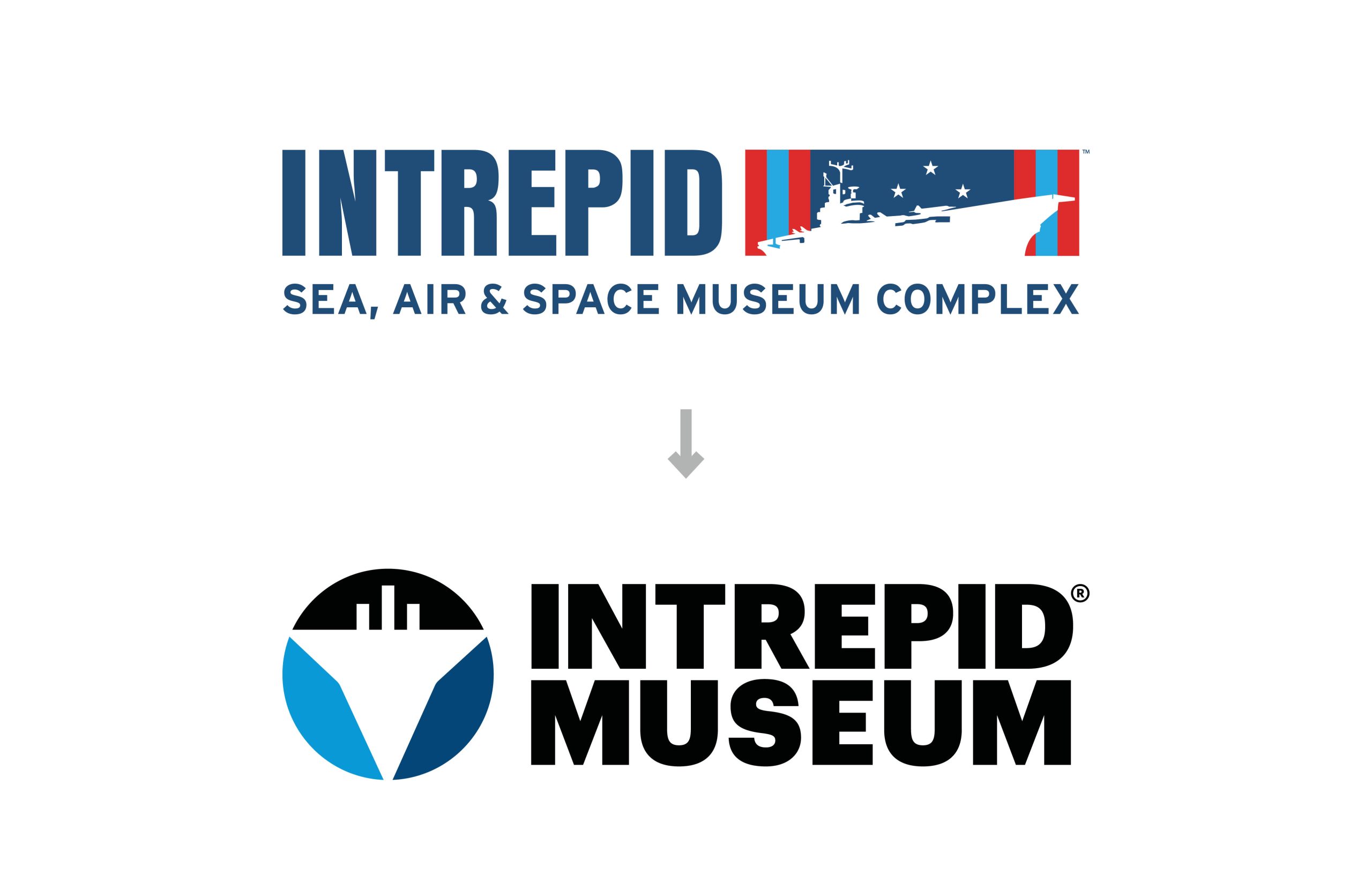

Brand Pyramid
Marketing begins with the question, who is the customer (see Marketing Targets Diagram below), but on the way to sorting that out we strongly recommend building a Brand Pyramid to make sure all the key stakeholders are on the same page when it comes to fundamentals. This also establishes a working hypothesis for the value proposition of the product, service or brand that is to be marketed.
Learn More
Competitive Advantage Diagram
It’s crucial for a marketing campaign to understand the competitive position of the “product” from the perspective of the customer. Our projective interview based qualitative research methodology gets actionable marketing insight and highlights what factors can be leveraged in marketing communication, while also shedding light on preferred distribution channels. The competitive diagram illustrates where your offer intersects most naturally with what the customer needs?
We can also add quantitative support to our qualitative research to tackle key questions that may emerge.
Learn More
Marketing Targets Diagram
At this point we’ve got internal insight from the Brand Pyramid and external insight from Research. Time to put it all together—putting focus on the targets of greatest opportunity—and communicating to the target customer your differentiated value in the language they understand and identify with learning and optimizing as we go.
Learn MoreThere are only two things in a business that make money – innovation and marketing, everything else is cost.
– Peter Drucker
Peter Drucker was many things. Fool, not.
Management thinker Peter Drucker wrote an important little book that posits an organizational self-evaluation consisting of 5 questions:
The Five Most Important Questions You Will Ever Ask About Your Organization.
Here they are in case you don’t have time to read it:
- What is our mission?
- Who is our customer?
- What does the customer value?
- What are our results?
- What is our plan?
The answers to all of these, but critically #2 and #3, are crucial to devising an effective marketing program for your products and services. They are also at the heart of what our Discovery Process is designed to help you clarify. Without them, your marketing dollars will likely be spent on tactical experimentation. Tactical experiments can work, but they are not the smartest use of a limited pool of money. They are, in fact, much better when conducted in the context of a strong strategic hypotheses about who your core consumer really is and what he or she really values, and exactly how your offer meets them there.
You owe it to the future of your business, your nonprofit, your museum, your zoo, yourself to take the time to honestly answer Drucker’s questions. If you don’t know where to begin with this, if you want help so that you can use your precious marketing money more effectively, or if you don’t want to spend forever sorting this out, then maybe it’s time you take the first step. If you have spent a lot of money in the past to insufficient effect, ditto.
There are many strategies for marketing, and there are many means to execute a campaign. It can be expensive or not, effective or not. And price and effectiveness are not necessarily inextricably connected. See Find Your Trim Tab to find out more about how it is possible to disengage expense from effectiveness in marketing.
You have no excuse not to be doing it well.
None.
Nope.
None.
Now get to it.




